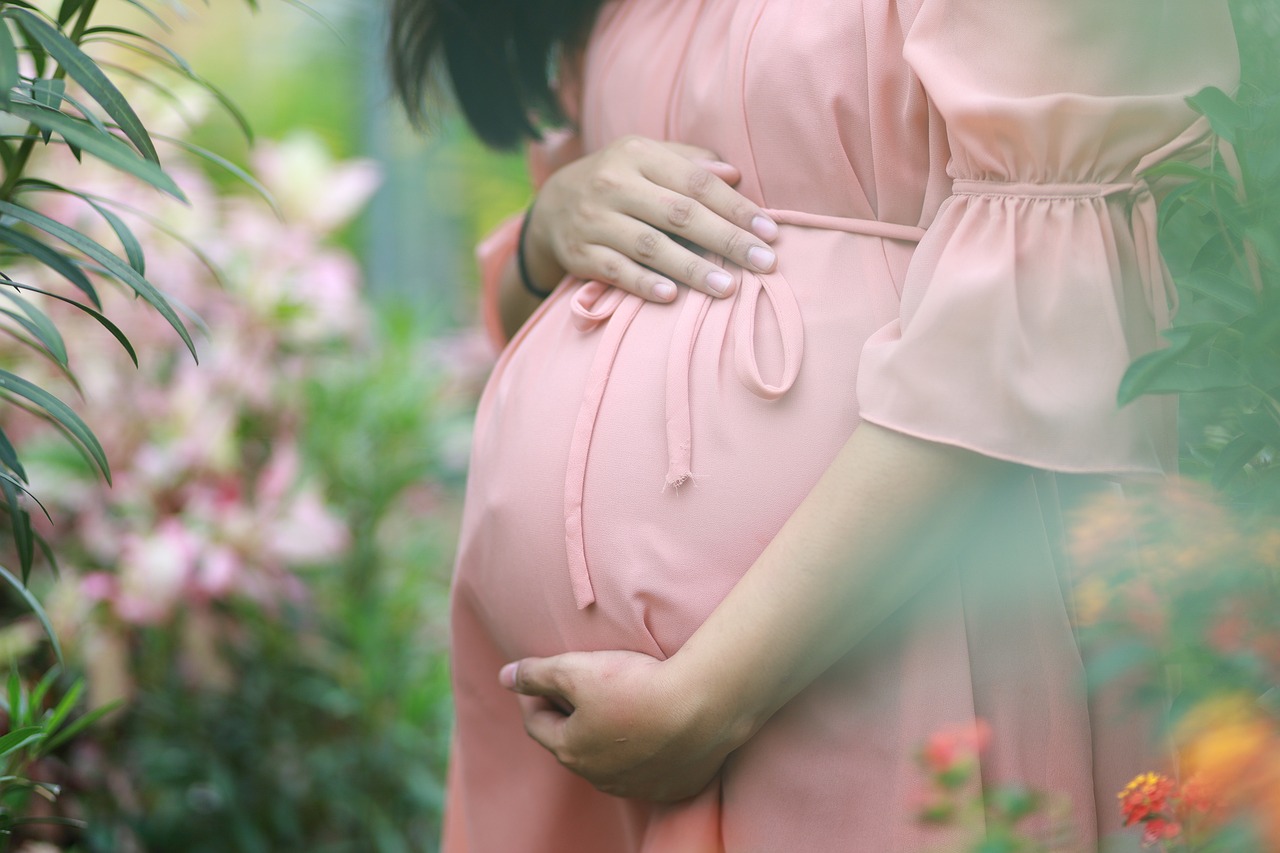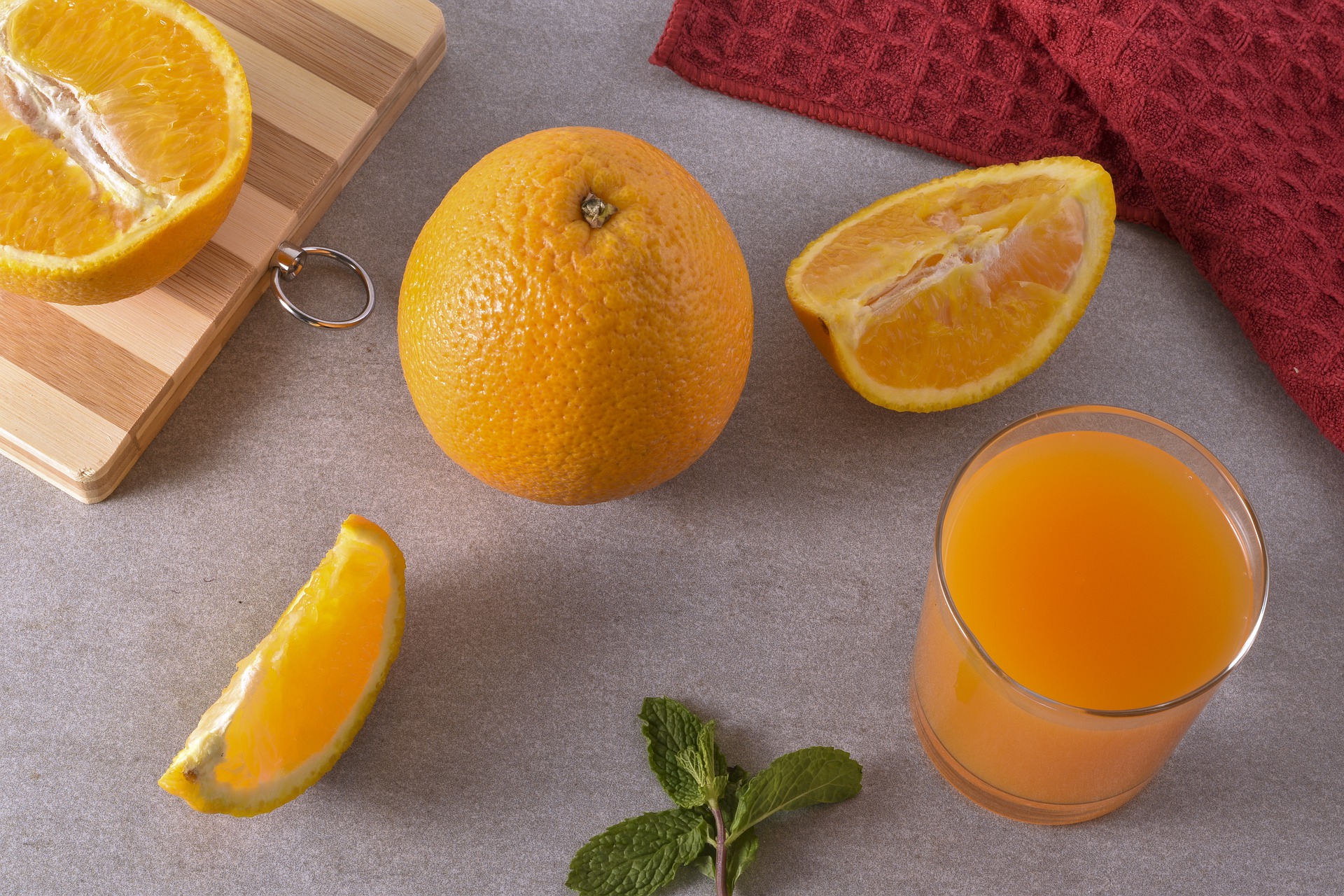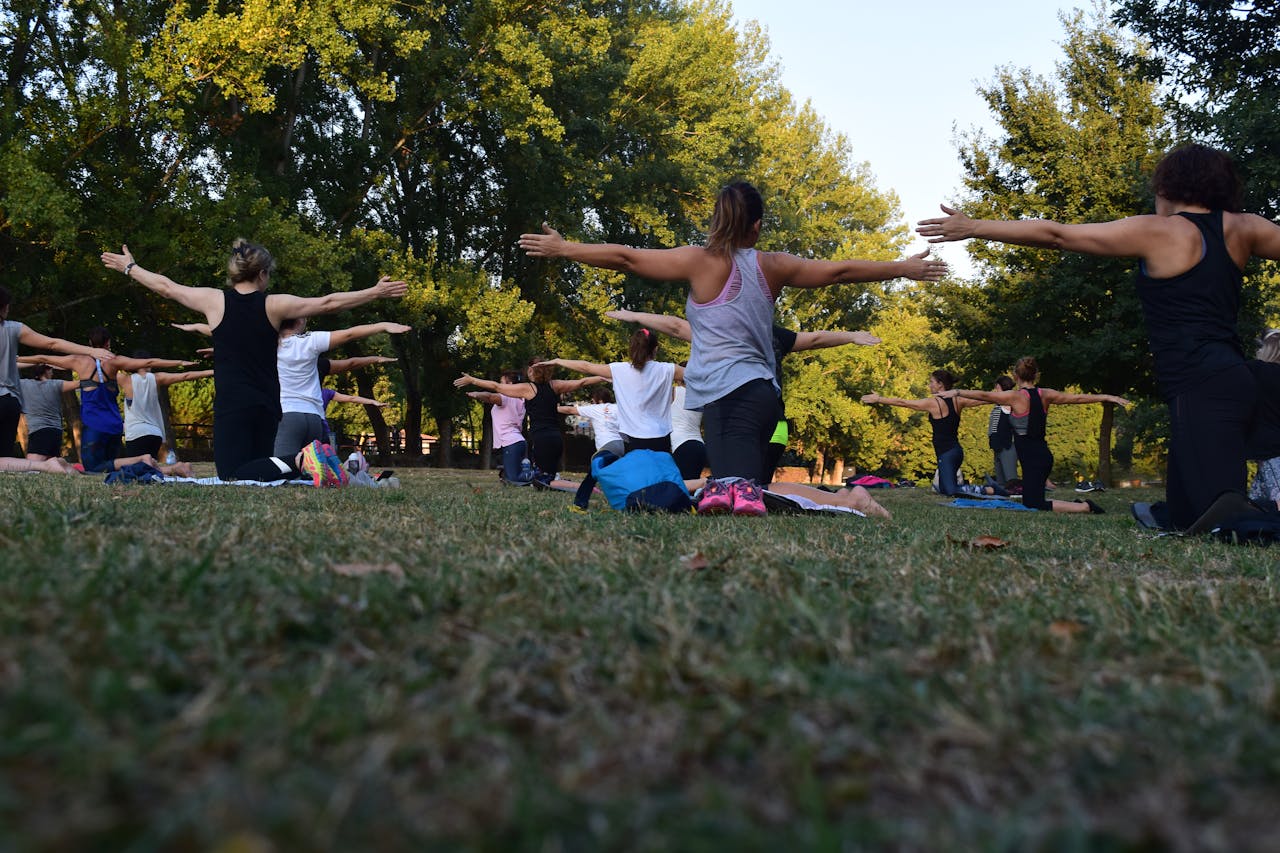Not all women experience post-partum joint discomfort, which is why women who do might find it even more perplexing and even isolating. This lack of universal experience can make those who suffer feel like their concerns are invalid or that they are alone in their struggle. However, post-partum joint discomfort is a real and often overlooked issue that deserves attention and understanding. It's important for new mothers to know that they are not alone and that there are resources and strategies available to help manage this discomfort. Recognizing the normalcy of this condition can be the first step towards seeking appropriate support and relief.
The Often Unspoken Reality of Post-Partum Joint Aches
Post-partum joint discomfort is not often talked about openly. A quick online search using various related keywords often yields limited results, primarily consisting of forum discussions and a few scattered articles. This scarcity of readily available information can be bewildering to women experiencing post-partum joint aches, leaving them with a multitude of unanswered questions. Is it normal? Is it permanent? What steps can be taken to alleviate the pain? These are common concerns that many new mothers face, underscoring the need for more accessible and comprehensive information on this topic.
The Physiological Changes of Pregnancy and Childbirth
It is indeed normal to experience joint discomfort after giving birth. Nine months of gestation certainly takes a toll on the body. The pregnant mother undergoes significant bodily changes to accommodate the growing fetus, and special hormones are secreted to prepare the body for this process. These hormonal changes, while essential for a healthy pregnancy, can also contribute to post-partum joint discomfort. Understanding these physiological shifts can help new mothers better understand and manage their symptoms. This knowledge can also empower them to seek appropriate medical advice and support.
Relaxin is a key hormone produced during pregnancy that relaxes the ligaments attached to the pubic bone, allowing for expansion of muscles and ligaments, often beyond their usual capacity. This necessary expansion can lead to instability in the joints, particularly in the pelvis and lower back. The added weight bearing, especially during the last trimester of pregnancy, exerts considerable pressure on the spinal cord, knees, and tailbone (coccyx). Even the delivery itself, a miraculous event, is a physically demanding process that places enormous stress on a woman's body. These combined factors contribute to the likelihood of experiencing joint discomfort after childbirth.
The Temporary Nature of Post-Partum Joint Discomfort
It's important to emphasize that this discomfort is typically temporary. Doctors indicate that it can take anywhere between 4 to 9 months for the body to return to its pre-pregnancy state. During this post-partum period, many women experience mild, moderate, or even intense joint discomfort due to biochemical factors within the body, including hormonal fluctuations and the realignment of joints and ligaments. This recovery period is unique to each individual, and it's essential to be patient with your body during this time. Seeking support from healthcare professionals and adopting self-care strategies can help manage symptoms and promote healing.
Soreness of joints may also result from repetitive movements associated with caring for a newborn, such as picking up the baby, feeding, and carrying the baby around. These repetitive actions can strain muscles and joints that are already recovering from the stresses of pregnancy and childbirth. Furthermore, until the baby adjusts to a regular sleeping pattern, the mother's body may not get sufficient rest to adequately recover. Due to these combined factors, joint discomfort can be a significant challenge for many women during this stage. New mothers often report discomfort in the neck, back, knees, hips, and feet. These aches are usually temporary and likely to subside within a few months after delivery. However, such pain can intensify when joints don't get the proper rest they need due to the demands of caring for a newborn. Sleep deprivation can further exacerbate pain and hinder recovery.
Strategies for Managing Post-Partum Joint Discomfort
What steps can be taken to alleviate post-partum joint discomfort? The most common complaint is backache. Applying a topical pain relief cream to aching joints can provide some relief. If possible, have someone else apply the cream while the baby is napping, allowing you time to relax and rest the affected joint, maximizing the cream's effectiveness. If self-applying, wear gloves and apply it to areas where the baby won't come into contact with the cream. Many mothers also report joint ache related to breastfeeding. While breastfeeding itself doesn't cause joint pain, the positions adopted during feeding can contribute to discomfort. Supporting your position with plenty of pillows can help ensure that your shoulders and back are not bearing the full weight of the baby, promoting better posture and reducing strain on muscles and joints. Proper breastfeeding posture is essential to prevent long-term discomfort.
Around six weeks after delivery, consult your doctor about post-natal exercises that can help relieve joint aches. These exercises are specifically designed to strengthen muscles and improve joint stability without putting undue stress on the recovering body. Post-partum massages can also be beneficial in relieving muscle tension and promoting relaxation. An important aspect of post-partum joint health is nutritional support. As the body is still recovering from pregnancy and childbirth, your joints need adequate nutrients to support healing and maintain joint health. A balanced diet rich in vitamins, minerals, and protein is crucial during this period. Consulting a registered dietitian can provide personalized dietary recommendations to support your specific needs.
This article is editorial in nature and does not constitute medical advice. Always consult a physician for any health-related concerns, whether psychological or physical.
- American College of Obstetricians and Gynecologists (ACOG) - Information on postpartum recovery
- National Institutes of Health (NIH) - Research on postpartum health
- La Leche League International - Information on breastfeeding and positioning













